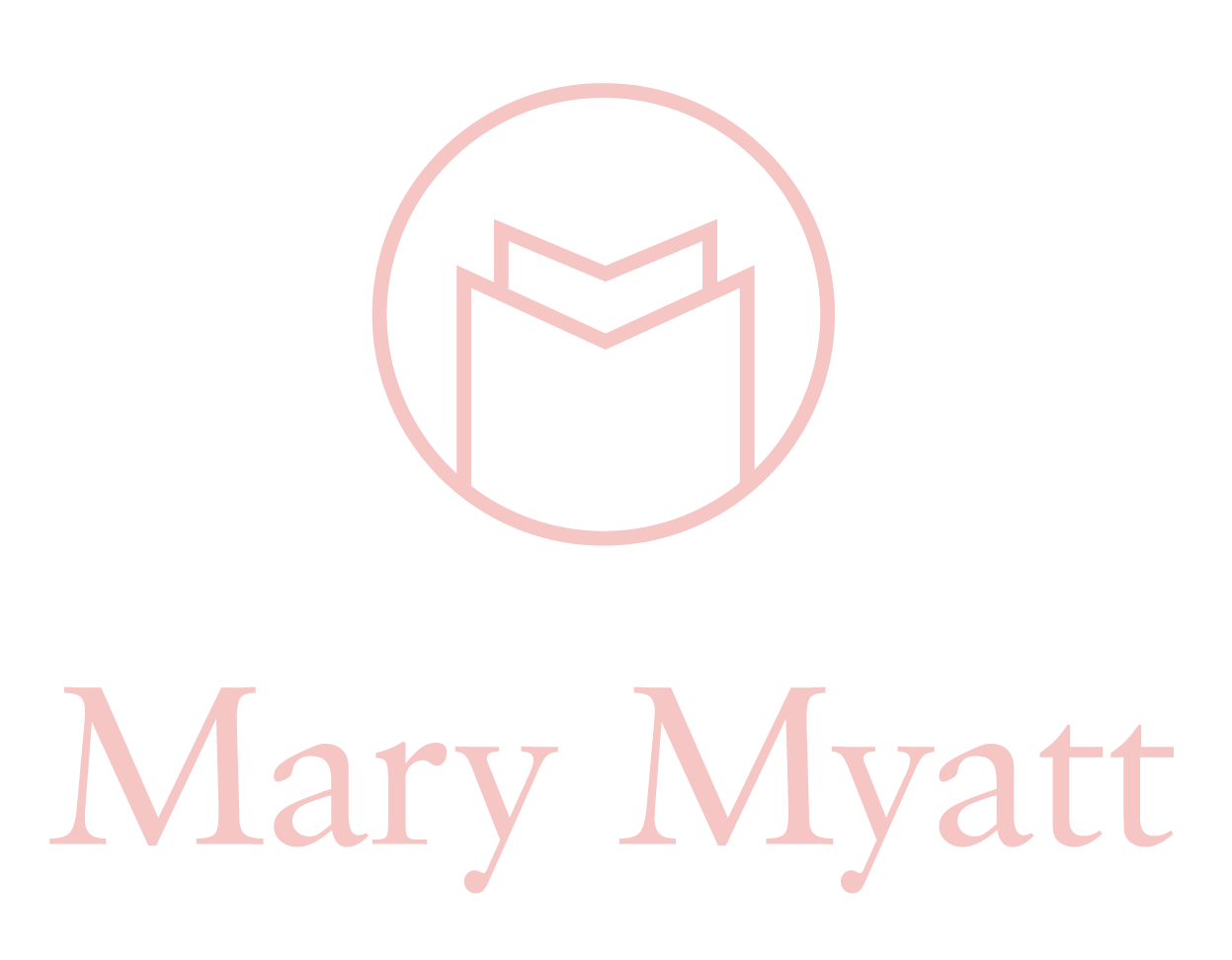The ethic of everybody
‘Inclusive, good-quality education is a foundation for dynamic and equitable societies.’
- Desmond Tutu
Dame Alison Peacock used this phrase when she was speaking at ResearchEd in September 2016. In talking about the work she had done over the years with Cambridge University and others, they identified that one of the strands of her work was an ‘ethic of everybody’. What might be meant by this and how might it relate to being hopeful, not helpless?
If one of our deepest needs is to belong, then how does this relate to the ethic of everybody? It is the ‘quid pro quo’ or the counterbalance of recognising our own need to belong and extending that to others. What we recognise we need for ourselves, should in turn be offered to others. The settings where this is understood are hopeful.
How does this translate into practice? It means that everyone has a voice, that everyone’s views are explicitly sought, that everyone counts. Does this result in a free for all? Is no-one in charge? No, the position statement of ‘everyone has a voice’ does not mean that anything and everything goes. It is instead, an attitude adopted by leaders and adults that things will be done with the best interests of everyone at heart, not that everyone will get their way.
To unpack ‘ethic’ a bit further. Ethic refers to the way we do things here, the manner in which we go about our business. It also has a layer of moral overtone to it - what is the right thing to do, what is the fair thing to do? And It is the combination of these two which contribute to the idea of ‘the ethic of everybody’ - doing the right thing, for the right reasons, for everyone.
Easy to say, harder to do. At a strategic level, school leaders including governors might ask themselves whether their work is underpinned by doing right by everybody. This might sound a statement of the obvious, but it comes into sharp focus when leaders are considering the distribution of funds - do the SEN groups get adequate funding - in most schools they probably do, but are the voices of children on the SEN register heard at a strategic level? Have leaders taken the trouble to ask those pupils what they think about their provision and what could improve it? Have they done similar exercises with other groups of children - the high prior attainers, the children with English a an additional language, the children who have a disabled parent or sibling at home. What is it like being at the school for them? If leaders are going to subscribe to an ethic of excellence, they need to have some checks to see whether their aspiration is tracked through and experienced at ground level.
If we think it is worthwhile looking to be hopeful rather than helpless, then subscribing to the ‘ethic of everybody’ and checking that colleagues and children, indeed everyone, including the school cat, does feel included, lifts the atmosphere, creates energy and possibility.
At the classroom level, what might the ethic of everybody look like? For one thing, the meaning of the words are unpacked. What does ‘ethic’ mean? what does the Greek mean, what might that mean in this classroom? Why is this important? Do we think it is important to include everyone? If we think it is important, what are we going to do to ensure that it happens? Some schools who are working on this, talk about what it feels like to be excluded, left out and ignored. Some primary schools are doing this a part of their circle time or equivalent, and in secondaries that are experimenting with this, they are including it in the tutorial programmes, and evaluating it to see if it makes a difference to the calmness of lessons, the relationships between pupils, and their own self reported indicators of inclusion. There will always be some for whom school is difficult, for a variety of complex reasons, whether from home or from experience, but for the majority it is possible to raise the sense of inclusion, of being part of a school if the ethic of everybody is talked about and attempts made to live up to it.
And what about the children themselves? Can they be encouraged to subscribe to the ‘ethic of everyone’ when there are no adults around, And indeed should they? Well, most children want to be happy and want those close to them to be happy. So by extension shouldn't they make a contribution to the inclusion of others if the want to be included themselves? So it is worth talking about who gets left out, what it was like when we were left out, because everyone has been at some point in their lives and if we see someone being left out, what can we do about it?
The ‘ethic of everybody’ needs to be considered not just in terms of inclusion for all, but a further dimension of contribution. Otherwise we risk doing the ethics rather than expecting all to contribute. I am going to feel powerless if I am done to all the time, I am going to feel patronised and resentful. And eventually I will switch off, so sitting alongside the ‘ethic of everybody’ is that everybody makes a contribution. And that is something beyond that which is a minimum expected of them, but rather what are the unique gifts which I can bring to this school, this classroom, this staffroom. If I’m a part of it I also want to be asked what I think, how I can make things better. Because it is the contributions, the giving of advice and expertise that I become stronger, more confident and yes, hopeful rather than helpless.
From Hopeful Schools
